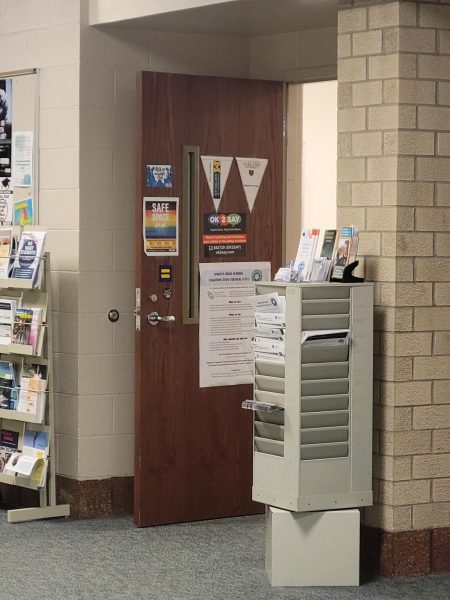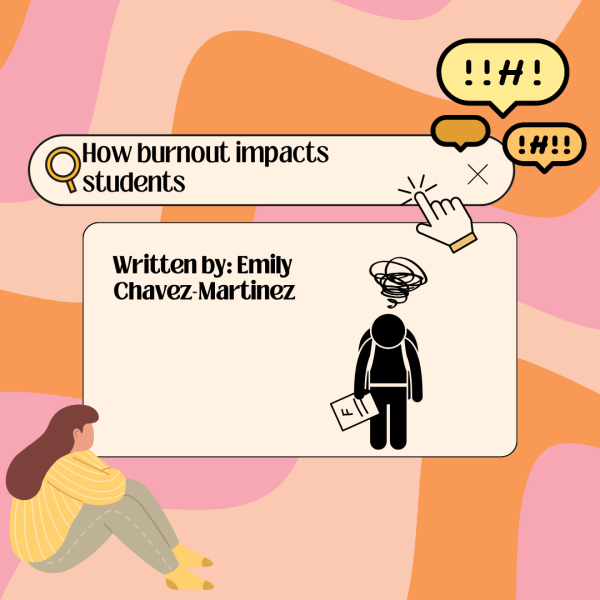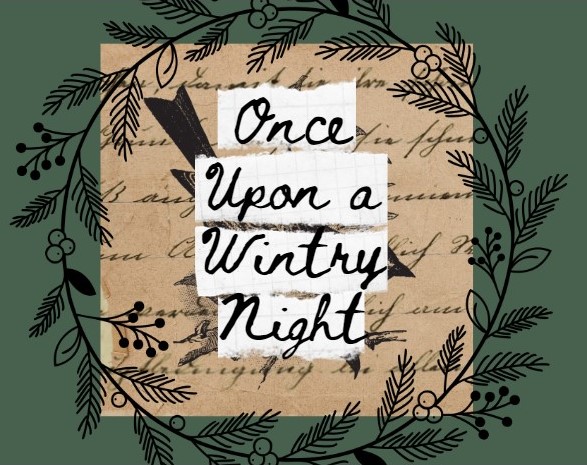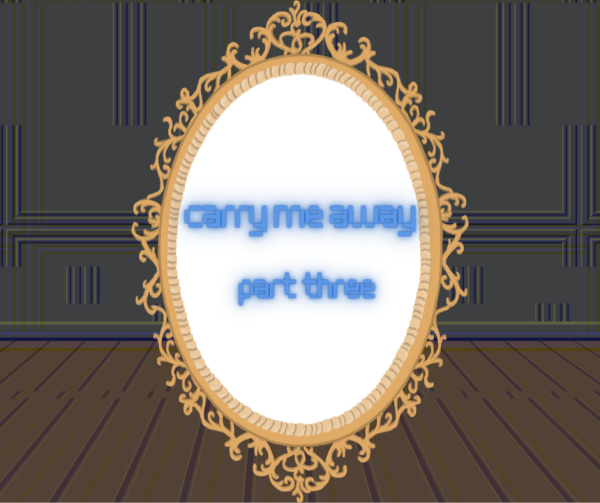What Is a Stutter?
Found at: https://www.google.com/url?sa=i&url=https%3A%2F%2Ftherapistndc.org%2Fstuttering-is-a-type-of-neurodivergence%2F&psig=AOvVaw03ObAQ2yde3OoE6lXRyNLd&ust=1668613471519000&source=images&cd=vfe&ved=0CBEQ3YkBahcKEwjoqp_cw7D7AhUAAAAAHQAAAAAQBA
Introduction:
Stuttering is a condition that affects an estimated 1% of the world’s population. That number might not seem like a lot, but it is roughly 80 million people. We all know the basics of stuttering and have probably talked to someone with a stutter. But there is a lot more than what meets the eye when it comes to stuttering. Whether it be the several types of stutters or what someone with a stutter may go through, there is a lot to learn about.
Different Types of Stutters:
1) Developmental Stuttering: This type of stuttering occurs between the ages of 2-5. It also needs to last longer than 3 months to be this type.
- An easy way to remember Developmental Stuttering is it happens during the development of your language.
2) Neurogenic Stuttering: This type of stuttering happens after a stroke or brain injury (specifically injury to the Broca’s area of the brain). It can also be caused by neurological diseases such as Alzheimer’s and Parkinson’s disease.
- An easy way to remember Neurogenic Stuttering is that it occurs in the brain, and the study of the brain is neurology.
3) Psychogenic Stuttering: This traditionally occurs when a person has experienced emotional trauma or is caused by a mental illness (such as stuttering because of social anxiety).
- An easy way to remember Psychogenic Stuttering is that it’s psychological.
Different Ways to Stutter:
1) Repetition (part word and full word) : Repeating words or sounds over and over again.
- Example (part word): My a-a-arm hu-hurts.
- Example (full word): I don- don’t- don’t like the color green.
2) Prolongations: Elongating certain sounds in words.
- Example: You brrroke her ummmbrella
3) Blocks: Stopping what you are saying; as if something is “blocking” you from finishing the sentence.
- Example: His dog’s… name is… Charlie.
4) Mix: It is possible to have a mix of some (or all) of these different types of stutters.
- Example: Can-can-can I barrrrow a-a-a-a…. a pencil, please?
- Example: Helloooo, how wa-a-as your d-day?
Speaking Deficiencies That Aren’t Stuttering:
1) Saying “um” or “uh” frequently when talking.
- Example: “Would it be uh ok if um we went to the store?”
2) Repeating phrases over and over again.
- Example: “I don’t want- don’t want to- don’t want to do my homework.”
3) Changing words in already spoken phrases.
- Example: “I like his- the color of his shirt”
These are all examples of cluttering which is like stuttering. Cluttering is when someone talks at a rapid rate and they struggle to speak because of it, their words get cluttered together. Stuttering can occur whether or not you talk fast.
Some Treatment Options:
These techniques do not work for everyone because each person’s case is individual. But for people with neurogenic stuttering, these techniques will not work because it is in the brain.
- Easy Onset: This involves a little bit slower than you normally would. This allows you to think about the sounds you are making as you say words and how to properly articulate them.
- Light Contact: Before speaking making your mouth go in the shape of the sound you want to speak
- Example: Before saying the word “box” take a split second to put your lips together in the way you would to pronounce the “b” sound.
What You Can Do:
Family/Friends: If you know someone with a stutter and you don’t think they would mind, ask them what they are comfortable with because we are all different, so we have different things we are okay with. I’m okay with people finishing my sentences if I am clearly having a tough time with a word or sound and I’m okay with people making jokes about it, but not everyone may be comfortable with that because we all have different experiences with stuttering.
- Some Example Questions:
- Are you okay with me finishing your sentences?
- I notice you make jokes about your stutter, are you comfortable with me making jokes about it?
Teachers: If you are a teacher that assigns the students timed speeches or presentations, please be understanding. Even if we rehearse the speech/presentation alone multiple times alone to try to stay within the correct time limit we usually stutter more in front of the class let alone a whole class of your peers staring at you. Another thing to be aware of is that instead of asking questions in front of the whole class we might be more prone to ask questions after a lesson rather than during it because it might be easier to articulate our thoughts if there are less people listening.
Peers/Co-workers: Be understanding that if we have questions about an assignment/task we may struggle to ask for help more so than others. We understand that you have things to do, and we might not be the fastest at conversing with people but be patient because we have things to do as well.
Final Notes: Be understanding. We won’t talk as fast or efficiently as most; so please don’t be rude about it. It’s not our fault for having a stutter so don’t blame us for it. If you have a problem with it, then it’s your job to realize that we are not the problem, it’s you for believing we are. Most people are kind about it, but some aren’t this message was for the ones that aren’t so kind.
My Experience with A Stutter:
Every Day: When talking to family and friends my stutter is nearly non-existent, but in school I stutter, in some classes more than others. I find the more I talk to a person the less I stutter around that person. I also tend to stutter less around teachers (I think it is because they talk to the class a lot so the class -including me- gets to know them more). At work I stutter the most because there are always unfamiliar people to talk to (mostly customers). The main things that trigger it for me are unfamiliar environments or people, high energy levels, and talking about my stutter (which is a little ironic).
Work: My job requires me to talk to customers often. I am a grocery bagger and at the store we have paper and plastic bags and I have to ask which bag they would like. There is one cashier that (even if I started asking the customer of their bag preference with no stutters) will always interrupt me when asking the customers. If it’s clear that I am struggling with a particular sound or word I’m fine with people interrupting me to help me finish the sentence but don’t interrupt me because you want me to be more efficient at the task at hand. I also often help customers find things in the store or train new people. People will say things like “rough day, huh?” or “spit it out” in a joking tone then I stutter a reply to them, and then this awkward silence follows my reply because they just found out that they accidentally made fun of someone with a stutter. I don’t care if people say something about it as long as they don’t act weird to me once they realize I have a stutter because it’s awkward for everyone involved.
School: In one of my middle school sciences classes, we often were assigned group projects. It was always the same groups and the same assignment which was a timed presentation. My group always went over the time limit because of my stutter. They always told me to “just speak normally” so we wouldn’t get a bad grade again. The teacher didn’t see a problem in what she was doing so nothing was done. I kept making my group get a poor grade because my stutter would make me go over the time limit no matter how hard I tried. I don’t like how I was clearly struggling and frustrated but people chose to ignore it and be rude to me over something I have little to no control over.
Advice To Others with a Stutter:
We are what we say and do, not how we say or do things. Other people’s thoughts don’t matter all that matters is how we deal with it, whether it be sticking up for you self or ignoring it remember that you deserve to use your voice, you deserve to be heard, you deserve to ask questions, you deserve to ask for help, but most importantly you deserve to take up space in this world just like everyone else here. Don’t forget that.
MEDIA USED:
https://westutter.org/myths-about-stuttering/
Easy Onset & Light Contact to Help Reduce Stuttering
https://toofastforwords.com/symptoms-cluttering/
Your donation will support the student journalists of Dakota High School. Your contribution will allow us to purchase equipment and cover our annual website hosting costs.

Isabella Aluia is currently a Dakota Highschool senior. They enjoy spending their free time doing anything that involves creativity (drawing, occasionally...













Ms. Groppuso • Nov 21, 2022 at 9:32 am
Thank you for writing this article Isabella! It was so informative and helpful. Your willingness to share your personal experiences really helps others to understand and grow.
Isabella Aluia • Nov 21, 2022 at 2:29 pm
Thank you for your feedback!